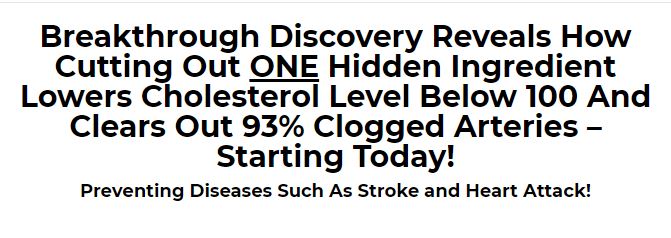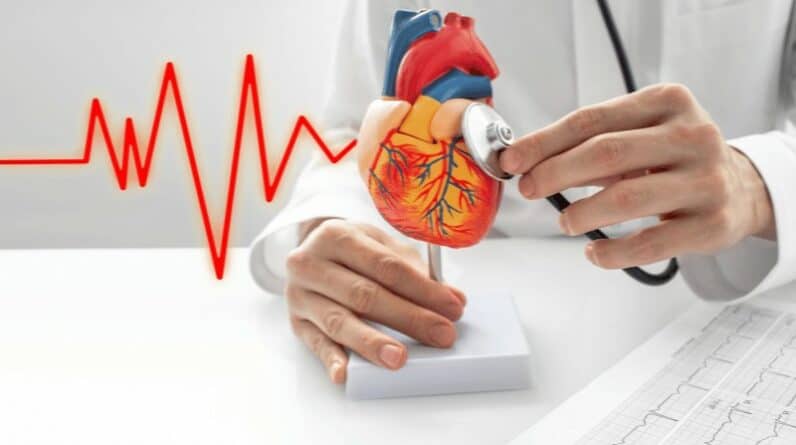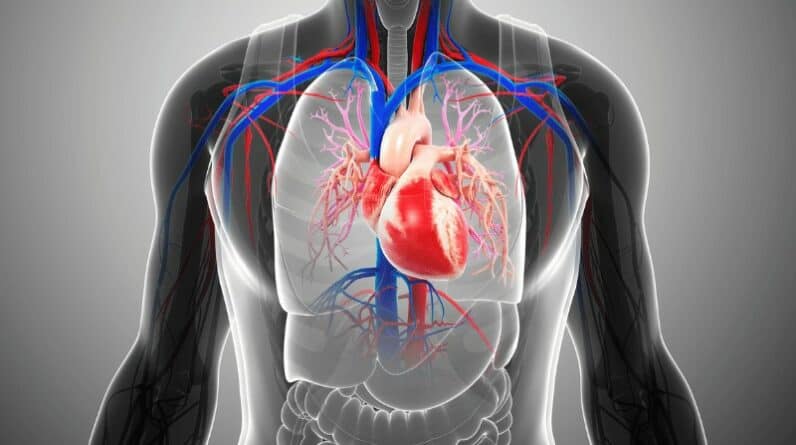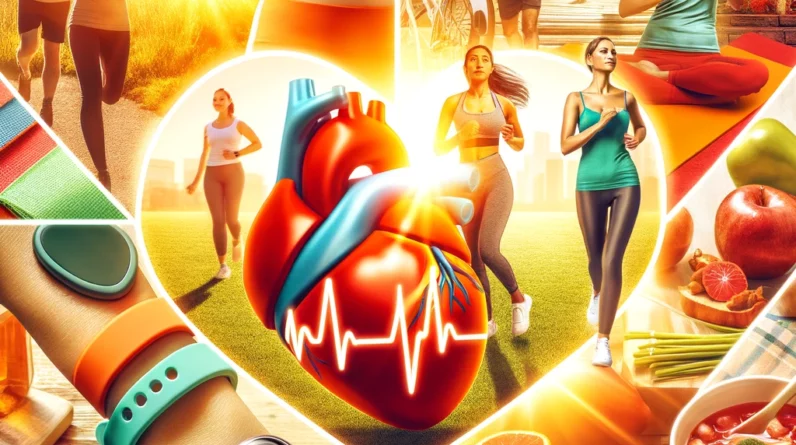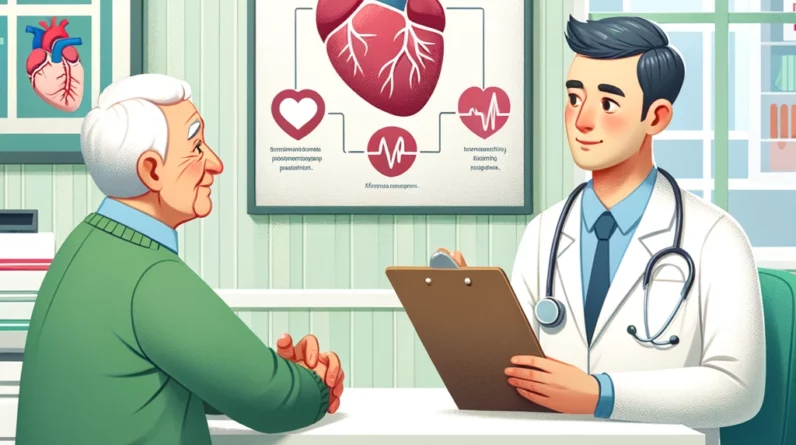
Dementia Discovery That is Leaving Doctors Speechless (Try This Tonight)
Better than Morphine For Joint Pain… Yet Safer Than Aspirin?
Retire With Freedom. Start Earning Extra Cash Today.
How Does Plaque On Arteries Happen – Here’s What You Need To Know
We all know plaque buildup on our arteries is not a good thing. The question is how does plaque on arteries happen? This post will explain how this happens. First, we’ll talk about what plaque is. Plaque is a buildup of sticky substances on the inner walls of arteries. We also need to talk about why plaque might form in the first place. Now let’s discuss how to stop plaque from building on your arteries and why it’s so important!
Plaque builds up on our arteries for one primary reason: inflammation within the arterial wall. The inflammatory process causes cells inside of the artery called endothelial cells to swell and release chemicals that attract other cells and cause them to produce more chemicals, which results in more inflammation over time and subsequent thickening of the arterial lining – or what we know as “plaque”.
“But I don’t have any inflammation…why should I care about this?” you might ask. There are several reasons why you should care: 1) You probably DO have some inflammation and don’t even know it, and 2) even if you never develop heart disease, your heart may not be able to pump as well as it used to as a result of “micro-inflammation” – which is the inflammation that’s not big enough for us to see with the naked eye.
The good news is that there are things we can do in our daily lives to keep our arteries clean of plaque buildup. For example, if we eat foods that are anti-inflammatory, our body has a better chance of fending off the plaque building on our arteries. So what foods should we eat? Here are some ideas:
Omega-3 fatty acids – for example, wild salmon (for a lean source), flaxseeds, and flaxseed oil.
Pineapple – contains bromelain which has been shown to reduce inflammation and support healthy blood flow through the cells lining the arteries.
Garlic and onions – contain sulfur compounds that have anti-clotting effects and may help lower bad cholesterol levels.
Good sources of fiber – for example, oats and Ezekiel bread.
Reducing your sodium intake – studies show that eating the right amount of sodium has little effect on blood pressure but eating too much will cause arterial problems.
Coffee and tea – both contain substances called polyphenols which act as antioxidants, protecting the arteries from damage caused by oxidation, inflammation, and plaque buildup. The best source is black coffee (unlysed) or green tea.
Soy – which is high in phytosterols, which inhibit LDL cholesterol and help fight arterial damage.
Blueberries – very high in fiber and beta-carotene, which can fight inflammation. Just 2 oz a day builds protection against cardiovascular disease!
Dark chocolate – contains a substance called epicatechins that act as an anti-inflammatory, helping to protect the arteries from damage caused by inflammation.
And what foods should we definitely avoid? Well, for example, processed meats like hot dogs and cured meats like bacon are known to increase our chances of developing heart disease. So too is refined sugar – although it’s not clear exactly how this happens.
As with other “diseases of modern life” such as obesity, it’s not always easy to know what the best course of action is. In many cases, there isn’t a single cause, and we must combine new approaches with our old ones. A great lifestyle is by far the best way to prevent arterial disease, as well as other serious diseases.
But if you’re worried your arteries might not be doing so well, there are tests – such as the Agatston score. It’s worth mentioning that this is only a snapshot of what’s happening inside your arteries. It doesn’t mean you’ll definitely get heart disease, but it does mean that you’ll probably have an increased risk of it compared to someone with lower scores.
In the long term, it’s likely that there will be some new findings that change our ideas on how we prevent heart disease. For now, though, a good diet and lifestyle are what we should be going for. And if you’re worried about arterial disease, don’t leave it a few decades until you get serious about your health. Do it now.
Disclaimer: The information in this article is intended for educational and entertainment purposes only and should not be used instead of or contrary to that of a medical professional. Before taking supplements, starting a new diet, or embarking on a new exercise regime please consult a medical or nutritional professional. The owners of “Getting Healthy After 50” are not medical professionals and are simply redistributing information that is freely available on the internet.

